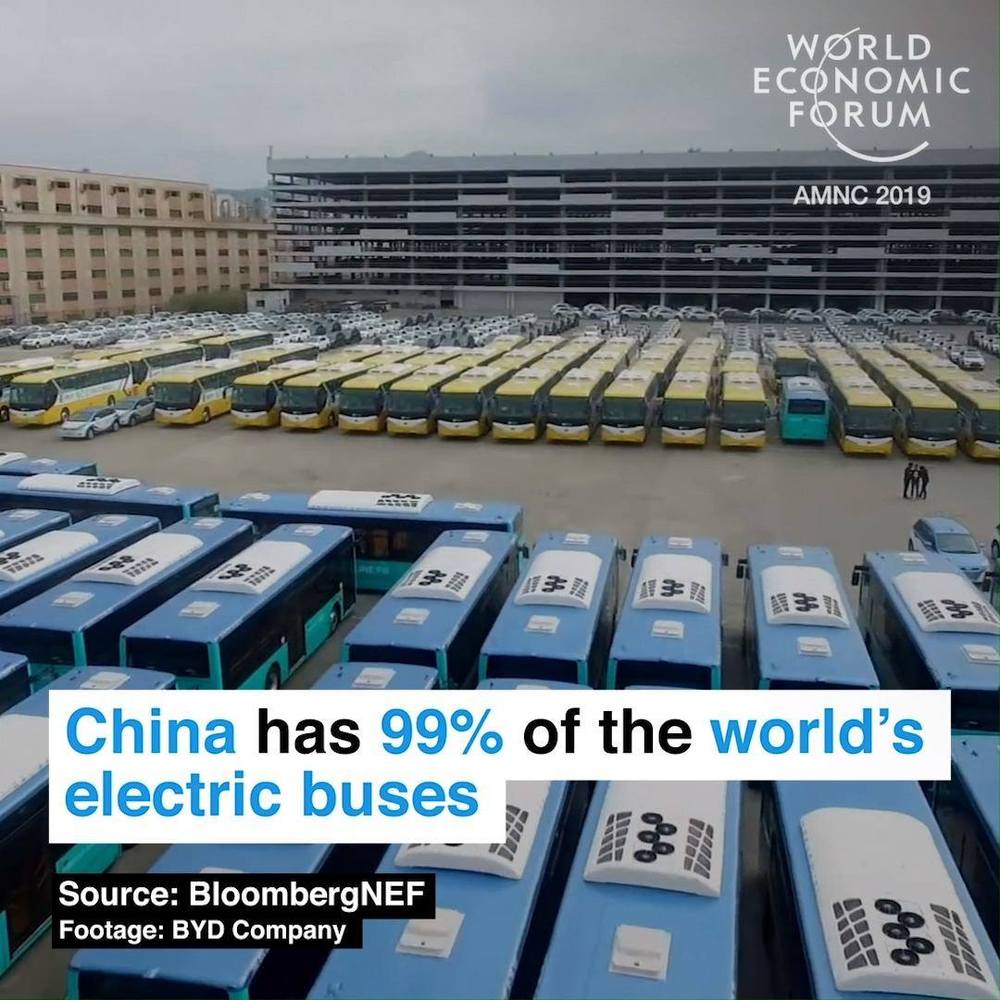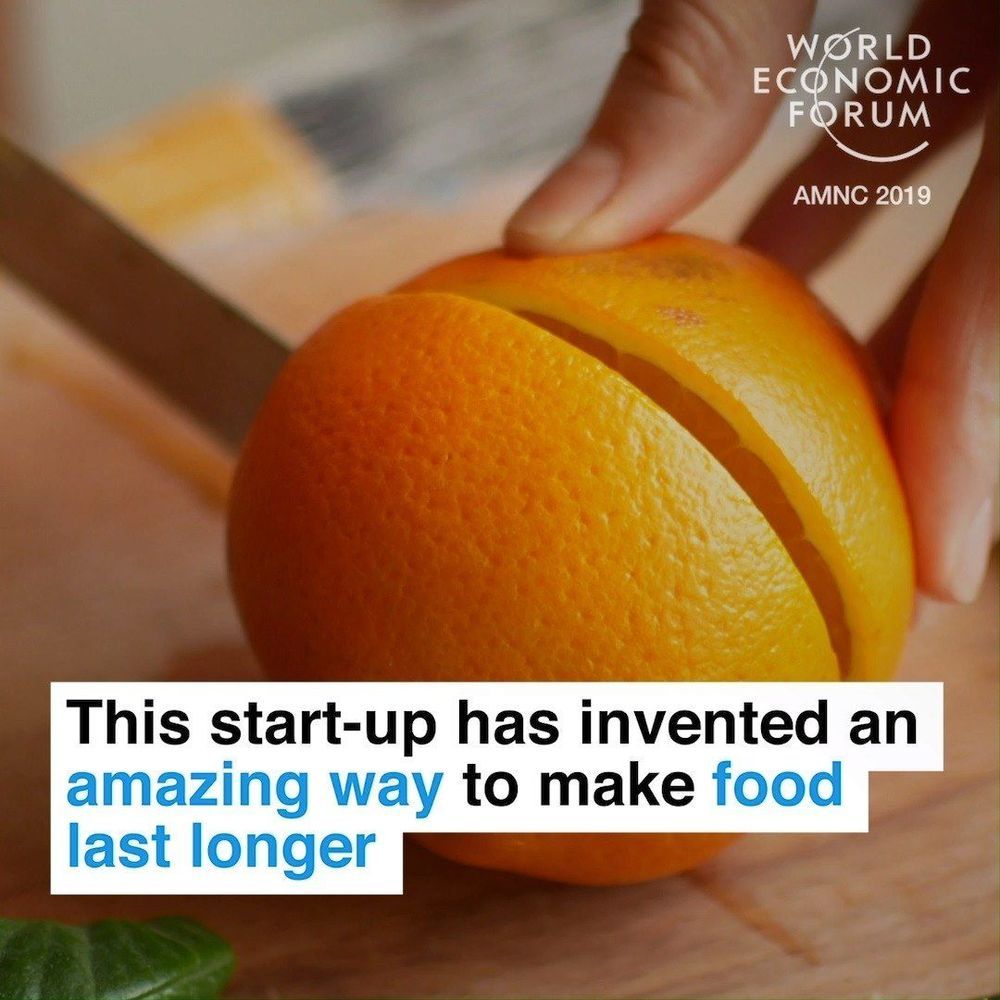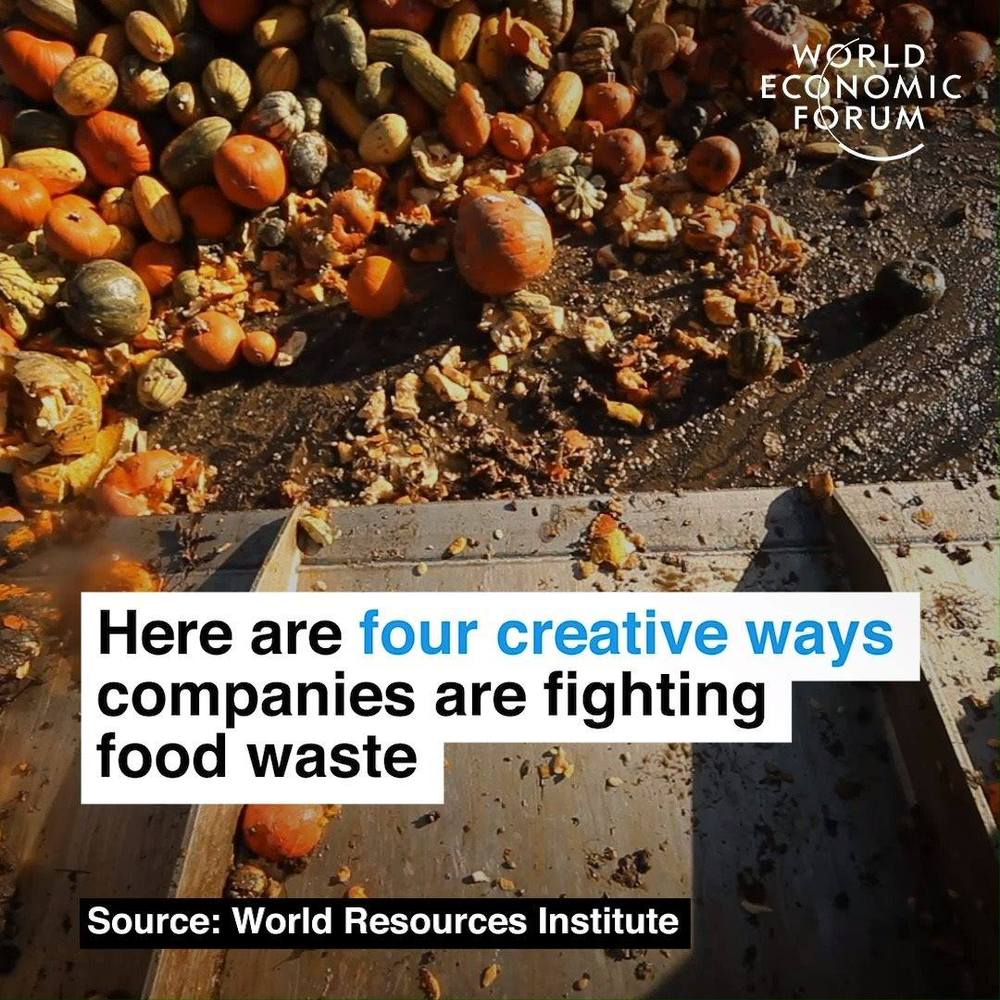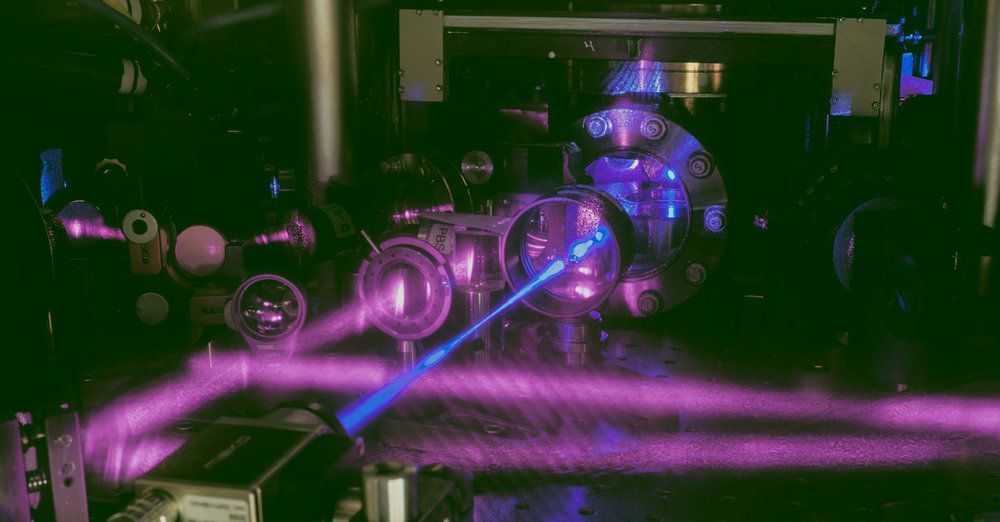Page 7631
Jul 15, 2019
China has 99% of the world’s electric buses
Posted by Brady Hartman in categories: futurism, sustainability
Jul 15, 2019
This start-up has invented an amazing way to make food last longer
Posted by Brady Hartman in category: food
Jul 15, 2019
Here are four creative ways companies are fighting food waste
Posted by Brady Hartman in category: food
Jul 15, 2019
Israel and Arab countries are joining forces to save Red Sea coral reefs
Posted by Brady Hartman in category: futurism
Jul 15, 2019
Game-theory research better allocates military resources, fight cancer
Posted by Quinn Sena in categories: biotech/medical, cybercrime/malcode, military, robotics/AI
U.S. Army game-theory research using artificial intelligence may help treat cancer and other diseases, improve cybersecurity, deploy Soldiers and assets more efficiently and even win a poker game.
New research, published in Science, and conducted by scientists at Carnegie Mellon University, developed an artificial intelligence program called Pluribus that defeated leading professionals in six-player no-limit Texas hold’em poker.
The Army and National Science Foundation funded the mathematics modeling portion of the research, while funding from Facebook was specific to the poker.
Jul 15, 2019
Maria Blasco at Ending Age-Related Diseases 2019
Posted by Mark Sackler in categories: biotech/medical, life extension

Leading telomere researcher Maria Blasco press conference at the Ending Age-Related Diseases conference, New York, NY, July 12, 2019.
Jul 15, 2019
Rare Human-Sized Giant Jellyfish Caught On Camera
Posted by Quinn Sena in category: electronics
Jul 15, 2019
Green light for a new generation of dynamic materials
Posted by Quinn Sena in categories: 3D printing, sustainability
Developing synthetic materials that are as dynamic as those found in nature, with reversibly changing properties and which could be used in manufacturing, recycling and other applications, is a strong focus for scientists.
In a world-first, researchers from Queensland University of Technology (QUT), Ghent University (UGent) and Karlsruhe Institute of Technology (KIT) have pioneered a novel, dynamic, reprogrammable material—by using green LED light and, remarkably, darkness as the switches to change the material’s polymer structure, and using only two inexpensive chemical compounds. One of these compounds, naphthalene, is well known as an ingredient in moth repellents.
The new dynamic material could potentially be used as a 3D printing ink to print temporary, easy-to-remove support scaffolds. This would overcome one of the current limitations of the 3D process to print free-hanging structures.
Jul 15, 2019
Path to Million Qubit Quantum Computers Using Atoms and Lasers
Posted by Quinn Sena in categories: computing, particle physics, quantum physics
Atom Computing is building quantum computers using individually controlled atoms.
Ben has shown that neutral atoms could be more scalable, and could build a stable solution to create and maintain controlled quantum states. He used his expertise to lead efforts at Intel on their 10nm semiconductor chip, and then to lead research and development of the first cloud-accessible quantum computer at Rigetti.
















